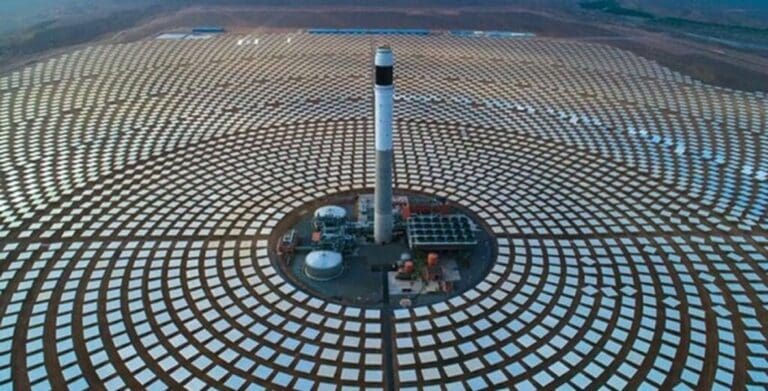The country has made significant strides in its transition to a green economy, with a strong commitment to producing 52% of its electricity from renewable sources by 2030. Large-scale solar and wind power projects, such as the Ouarzazate solar power complex, exemplify Morocco’s dedication to sustainable energy.
Experts commended Morocco’s robust climate policy framework and its adherence to international climate commitments. However, challenges remain. The country still relies heavily on fossil fuels to meet its growing energy demands, and affordability issues hinder the widespread adoption of renewable energy technologies.
Furthermore, climate change poses significant challenges to Morocco, particularly in terms of water scarcity. The country needs to prioritize sustainable agricultural practices to ensure food security and protect vulnerable communities.
To further enhance its climate performance, Morocco needs to accelerate the transition away from fossil fuels by redirecting fossil fuel subsidies towards renewable energy and implementing carbon pricing mechanisms, strengthen institutional capacity to enhance technical and institutional capacities at all levels to effectively implement climate policies, and improve climate change adaptation by privatizing water resource management and implement sustainable agricultural practices to mitigate the impacts of climate change.
By addressing these challenges and continuing to invest in renewable energy, Morocco can further strengthen its position as a leader in climate action in the region.
MK/Sf/ac/fss/abj/APA


